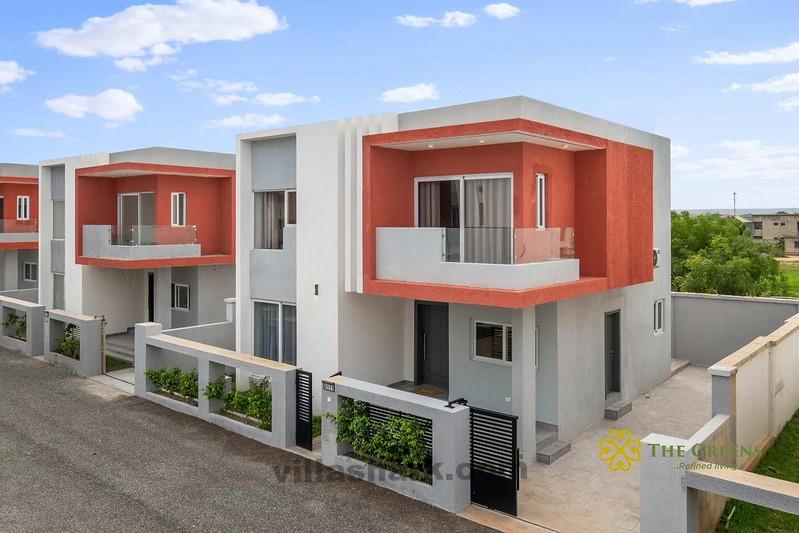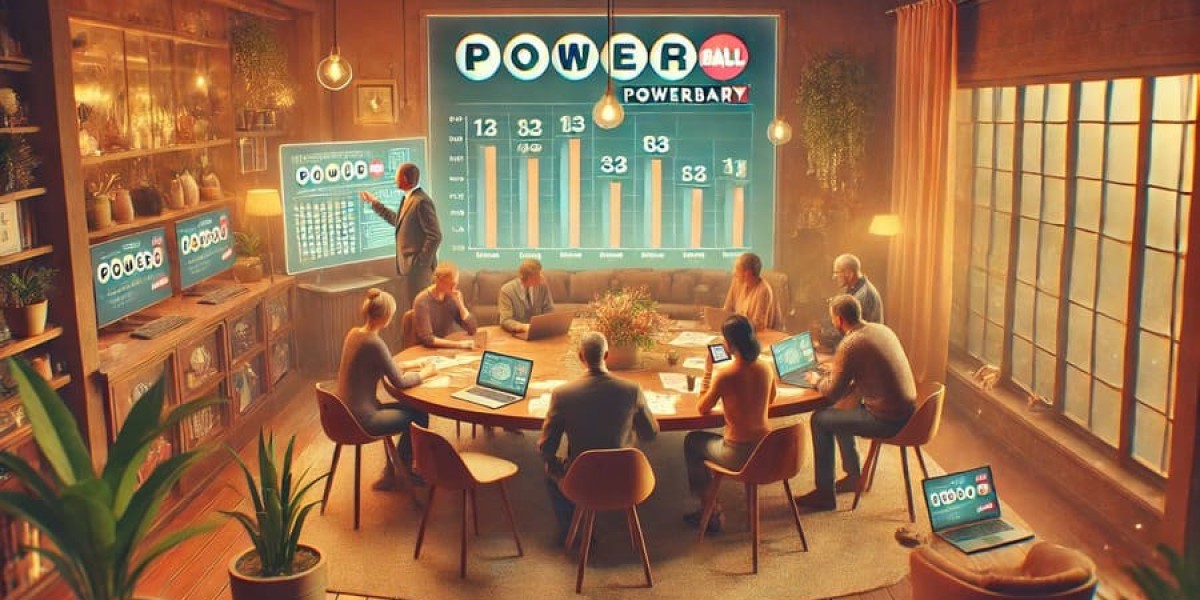Navigating the detailed world of industrial leasing can be a difficult job, especially when confronted with terms like "net lease" and "gross lease." These expressions frequently shroud the course to securing the ideal office space for your organization. We composed this guide with hopes that it serves and empowers you with the understanding to make informed choices.

By the end of this guide, you'll emerge not simply informed, but geared up with the self-confidence to navigate the leasing procedure with ease, securing the optimum workplace that propels your service towards continued success.

Let's get going.
Understanding Net Rent vs Gross Rent
In commercial leasing, understanding the difference in between net lease and gross is critical. Let's unpack these terms, shall we?
Definition of Net Rent
Ever dined at a dining establishment where you pay additional for each topping? That's rather how net lease in commercial leasing works. At its core, net rent is the base rental rate before any extra expenses are added. But here's the kicker: you, the tenant, are normally responsible for a portion of the building's operating costs. This might consist of residential or commercial property taxes, insurance, and maintenance costs.
Definition of Gross Rent
You pay one rate, and whatever is included. That's gross lease for you. It's a full-package offer where the rent you pay encompasses all service charges and operational costs. Here, the property manager covers the works-taxes, insurance, maintenance, the entire 9 lawns. You simply pay one predictable rate monthly, not a surprises.

Key Differences Between Net Rent and Gross Rent
Why should you care about this? Well, because it straight impacts your wallet and your assurance. It's about predictability vs. prospective savings. Some tenants choose the transparency of gross rent, knowing exactly what their costs will be in advance. Conversely, net lease can often appear more affordable at first but might include extra costs you'll require to spending plan for.
But here's a fresh viewpoint to think about: which alternative genuinely fits your organization's needs? While gross rent offers simplicity and predictability, net rent gives you a clearer photo of where your cash's going, potentially causing cost savings if you handle your additional expenses sensibly.
Factors to Consider When Choosing Between Net Rent and Gross Rent
Choosing in between net rent and gross lease ... Both have their charms, but the essential lies in understanding what you're registering for. Let's break it down piece by piece, shall we?
Residential or commercial property Type
Ever stood in front of a structure, admiring its architecture, and thought, "Wow, this location narrates"? Well, that story extends to the kind of lease it may offer. Commercial areas, like stores or offices, typically lean towards net leases. Why? Because companies usually like to tailor their areas and handle functional expenses directly. It resembles an artist picking their canvas and paints - it has to do with control and modification.
But, when we discuss homes, gross leases are more typical. Picture this: you've had a long day, you come home, and the last thing you wish to fret about is whether the structure's insurance bill was paid. That's the relief a gross lease provides - simpleness and comfort.
Location
Location isn't almost your commute or the cool coffee shop downstairs. It also plays a vital function in identifying which lease type makes good sense. In high-demand city locations where the competition for area is strong, landlords might choose providing gross leases. Why? Because it streamlines whatever for possible tenants, making the residential or commercial property more attractive.
On the other side, in locations where the market is more tenant-friendly, or in suburban locations where there's more area and less competition, landlords might be more open to net leases. This provides occupants the potential to work out terms and possibly lower their total costs. Consider it as bartering - with the ideal settlement skills, you might just snag a bargain.
Financial Situation
Ah, the decisive moment - can you manage it? With net lease, the preliminary number might appear more attractive, however remember, it's not the entire story. That preliminary cost looks excellent, right? Once you begin adding functions (taxes, upkeep, insurance coverage), the cost climbs.
Gross lease, conversely, is a complete package. You know the overall expense upfront, which is wonderful for budgeting. But you may be spending for amenities or services you don't utilize.
Are you someone who enjoys predictability and simpleness? Or do you choose having control over where your dollar goes, even if it involves a bit more legwork? Reflecting on your monetary situation and concerns can assist you to the lease that fits perfect.
Through the lens of residential or commercial property type, place, and monetary scenario, you can begin to see which lease type may match your needs. Whether it's the freedom to personalize, the simpleness of a single payment, or the balance between expense and convenience, there's a lease out there for you. Now, go on and find your ideal match.
Advantages and disadvantages of Net Rent
What if comprehending the ins and outs of net lease could really give you an upper hand? Let's delve into the world of net rent, peel back the layers, and find why this might just be the leasing technique you didn't understand you needed.
Advantages of Net Rent
Imagine this: you have actually just discovered the ideal area for your start-up. It's in a killer location, has simply the right ambiance, and the price seems too great to be real. That's net lease at its finest. Net rent provides lower base lease costs compared to gross leas. Why? Because it moves some financial obligations from the property manager to you, the occupant.
Think about it like leasing a cars and truck. With net lease, you're paying for the cars and truck and the liberty to drive it around, but you're also handling the responsibility of filling up the gas and paying for any tolls along the method. In a company sense, this could suggest spending for your energies, residential or commercial property taxes, or upkeep.
This does provide one thing however, Flexibility. You've got more space to breathe and work out terms that align with your service' budget plan and requirements. Plus, if you're a keen negotiator or have a sharp eye for energy providers, you might end up paying less with time.
But here's the best part: Transparency. With net rent, you understand exactly where your cash's going. No hidden charges or unforeseen charges for building upkeep or upgrades. You pay your lease and your outgoings, and that's that.
Disadvantages of Net Rent
But, every silver lining has a cloud. The drawback to net lease's attractive lower base cost is the variable expenses. Remember the automobile rental analogy? Well, simply as unforeseen tolls can appear, so can fluctuating energy costs and residential or commercial property taxes.
These varying operating expenses can make budgeting a problem and potentially lead to higher general expenses.
And let's not ignore the maintenance. Under a net lease arrangement, you may be accountable for repair and maintenance. Ever had a pipeline burst out of no place? Yeah, that's on you. It's a danger that can result in unexpected expenses and headaches.
Also, the monetary predictability you yearn for in business can be elusive with net lease. While you begin with a lower base rent, the addition of these variable costs can make your regular monthly costs anything but predictable.
Pros and Cons of Gross Rent
When you're confronted with leasing choices for your organization, the tug-of-war between net lease and gross rent can make it hard to come to a decision. Your option might considerably impact your budget and psychological peace in methods you may not have actually considered. Let's check out the benefits and downsides of gross rent to comprehend how this decision might play out in the real life.
Advantages of Gross Rent
Simplicity is the keyword here. Imagine paying a single, constant quantity on a monthly basis, understanding it covers everything from rent to energies and maintenance. Not a surprises, no sudden costs - just straightforward budgeting that lets you sleep soundly in the evening.

You pay in advance, and all you need to do is take pleasure in the features without stressing over covert charges cropping up. A colleague once shared a story that completely shows this point. After changing to a gross lease, they had the ability to direct their energy into growing their company rather of stressing over fluctuating energy costs. Why? They understood exactly what their expenses would be, month after month.
Also, gross lease can be a security net in unstable times. With energy costs swinging hugely, securing a fixed expense can shield your service from the economic whirlwinds that might otherwise overthrow your budget plan.
Disadvantages of Gross Rent
Let's turn the coin. Gross rent sounds like a worry-free dream, however no deal is without its disadvantages. Here's where being informed pays off.
First up, prospective greater expenses. The price of predictability frequently comes at a premium. Landlords, cognizant of the varying costs they'll take on, might inflate your rent to buffer versus potential increases in business expenses. Suddenly, your safeguard appears a tad costly.
Another angle to think about is the lack of control over utility use. Since you're not straight spending for energies, there's little incentive for the property manager to buy energy-efficient upgrades. In a periphrastic method, your lease might be funding inadequacy, indirectly affecting not simply your wallet but the environment too.
Did you ever stop to believe that the predictability you cherished could also become a restriction? As your company progresses, the terms that as soon as supplied stability might no longer line up with your needs. Your operation could become more energy-efficient than the structure's average, yet you're stuck paying a flat rate that doesn't show your sensible consumption.
Why Does This Matter to You?
Imagine signing a lease that seems perfect on paper. The area is prime, the square video footage is adequate, but six months down the line, you're juggling unforeseen upkeep costs and variable energy costs that are ruining your budget plan. That's the not-so-subtle difference between net lease and gross lease playing out in genuine life.

Net Rent: The Unseen Iceberg
On the surface, net rent may appear lower and more attractive. It resembles the marketed cost of an airplane ticket before you add taxes, baggage costs, and seat choice expenses. You're basically spending for the space itself, while all the other costs-maintenance, taxes, utilities-come as different, often unforeseeable charges.
If you're not prepared, these additional costs can rapidly build up, turning what looked like a deal into a concern. Being comprehending about the complete scope of your financial dedication upfront empowers you to budget successfully, preventing surprises that might obstruct the growth of your business.
Gross Rent: The All-Inclusive Options
You pay a repaired, foreseeable quantity every month, and your property manager looks after the rest. Sounds perfect, ideal? Well, it can be, particularly for those who value simpleness and stability over potentially lower however variable expenses.
But here's the catch: due to the fact that property managers require to cover all bases, your gross lease may be inflated to hedge against unforeseeable costs, implying you could pay more in the long run for the benefit of predictability.

How Do You Decide?
The answer isn't simple. Your service's specific requirements, development projections, and tolerance for danger all play pivotal functions in this choice. If stability and predictability are your leading concerns, gross rent may be your ally. But, if you want to presume some financial variations for possibly lower total expenses, net rent might use more value.








